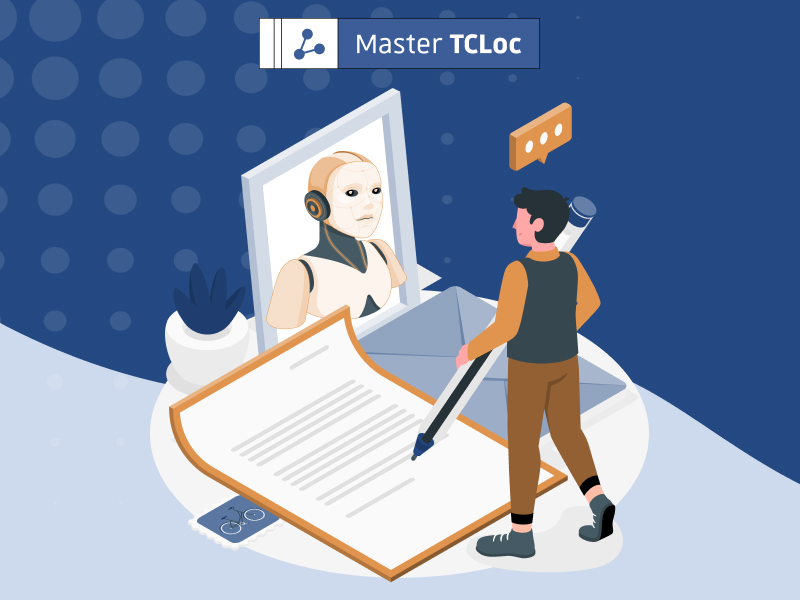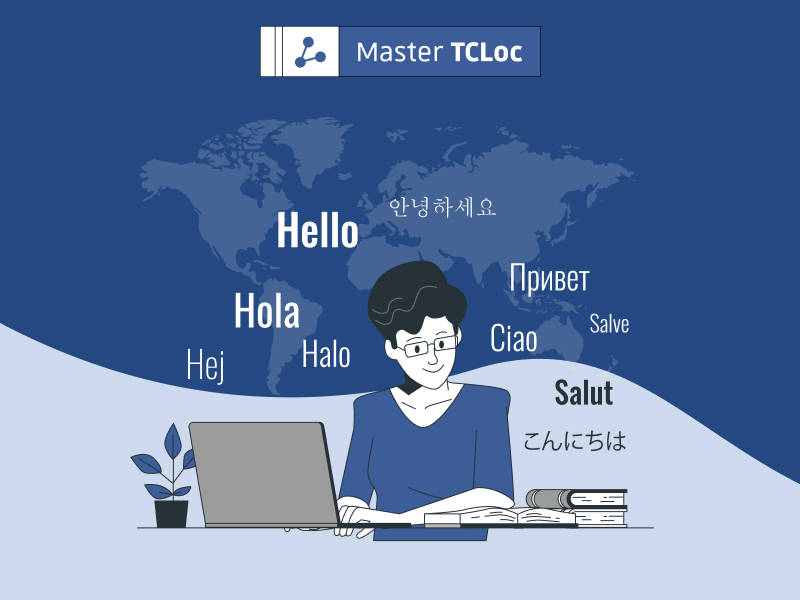Certification, career, skills, discover in this article everything about a great profession: Technical Writer.
Technical writing, also known as technical communication, is a broad field with many interesting job opportunities. Although the field is not well known, it has many paths for career entry. This article takes a look at the job of a technical writer and how to become one.
What is a Technical Writer?
Most products on the market, whether they are industrial machines, domestic appliances, software tools or board games, come with a manual or a set of operating instructions. Have you ever asked yourself who writes them? The days when just anyone in the organization wrote them are definitely over. Today, the requirements for operating instructions and manuals are just too high to let them be written by anyone but a professional.
But technical writing isn’t limited to print – digitalization doesn’t stop when it comes to operating instructions. Therefore, creating instructional videos, interactive graphics and app content can also be part of the job of a technical writer.
What Skills Does a Technical Writer Need?
Solid spelling and grammar skills and a feel for linguistic expression are essential for every technical writer. You’ll also need a knack for categorizing everything you are writing, especially when working with XML and different structuring methods. Speaking of XML, a bit of computer science and media technology is also part of the job. HTML, XML, CSS and image editing are skills that a technical writer regularly puts to use.
Depending on the industry, knowledge about its norms and guidelines may be necessary. It also makes your job easier when you have a deep understanding of the technologies behind the products you are writing about.
This combination of a writing job and a technical job makes technical writing truly unique.
How Can I Start a Career as a Technical Writer?
Technical writing isn’t an apprenticed profession but there are three ways to get started in your career as a technical writer.
Lateral Entry
Due to the fact that a technical writer has points of contact with various departments in a company, people from many different backgrounds can make a lateral entry.
Translators, terminologists and engineers all bring some valuable skills that they either learn on the job or get certified for it.
If you do a lateral entry, you might want to check out this blog post about improving your technical writing skills.
Certification
Tekom, the world’s largest association for technical communication, offers a certificate to show proof of your skills in the field. This certificate is available at two levels: the professional level for people who are just starting out and the expert level for more experienced technical writers.
It usually takes three steps to get certified:
- A qualification consultation where the need for further training is determined.
- A training program where knowledge gaps are filled.
- An exam – after a successful exam, you become a certified technical communicator.
Various organisations and universities offer preparatory courses for this exam, especially in Germany, where tekom is based. For those outside of Germany who want to get their skills certified, online courses and exams are offered by TCTrainNet.
Undergraduate and Postgraduate Studies
Many universities are offering degree programs in technical communication or similar fields of study. These programs usually cover:
- linguistic competence and the professional use of language
- illustration and visualization techniques
- language standardization
- communication and comprehensibility
- media production
- organization, planning and project management
- basic technical knowledge
- IT skills
Depending on the program, you may have the opportunity to also specialize in certain fields, like localization or marketing. Usually these programs are full-time but some universities offer part-time and/or online programs for those who want to study while continuing employment or other commitments.
TCLoc, for example, is a distance-learning part-time program from the Faculty of Languages at the University of Strasbourg. It combines postgraduate studies with the tekom certification. It focuses on technical communication, localization, project management, web technologies and visual communication.
So, if you are interested in becoming a technical writer and learning about localization as well, or, if you already know about TCloc and would like to join the program, apply now.



